Puppies are full of fun and learn very quickly from every interaction they make. It is the responsibility of their new human friends to guide them in the right way so they grow up to be happy, well socialised dogs who are a pleasure to have around. It must be remembered that the cute things puppies do may not be so cute when they weigh in at fully grown!
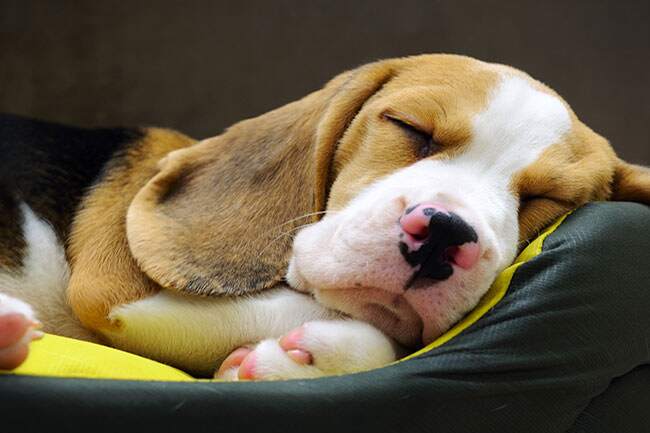 It is important to be fair and consistent. Puppies do not know how to process the command, “NO”. They will continue a certain behaviour as long as they get something good from it, such as a reward or attention, and will discontinue a certain behaviour if they get nothing from it.
It is important to be fair and consistent. Puppies do not know how to process the command, “NO”. They will continue a certain behaviour as long as they get something good from it, such as a reward or attention, and will discontinue a certain behaviour if they get nothing from it.
An example of this is barking which can be a problem for neighbours so should not be encouraged from an early age. If every time a puppy makes a little noise he gets attention, even just turned to look at, he will continue this and escalate it for further attention. The general rule of thumb is to ignore undesirable behaviour and positively reward behaviour that you would like to continue.
Make sure puppies get lots of positive play and attention so they don’t feel they can only get attention by displaying extreme behaviours. If you are looking for a puppy behaviour class in the Cheltenham area, why not sign up for our puppy class training to perfect your recall and training skills, but the general advice below will help you in the first few weeks.
Play Biting
Play biting is a natural way for puppies to learn from their mother and siblings how to interact appropriately. Problems occur when their sharp little teeth bite into their human friends!
Some people get success by squeaking very loudly when they are bitten. However, this can encourage some puppies to bite even more! A good method is to withdraw love and attention when the biting starts and move away. If the pup follows, dragging along on your clothes, a house line can be used to gently hold the pup away until calm. This is also very useful with small children.
Advise children to stop and cross their arms if biting and over excitement starts. Flailing around and pushing away are sure ways to excite puppies.
Toilet Training
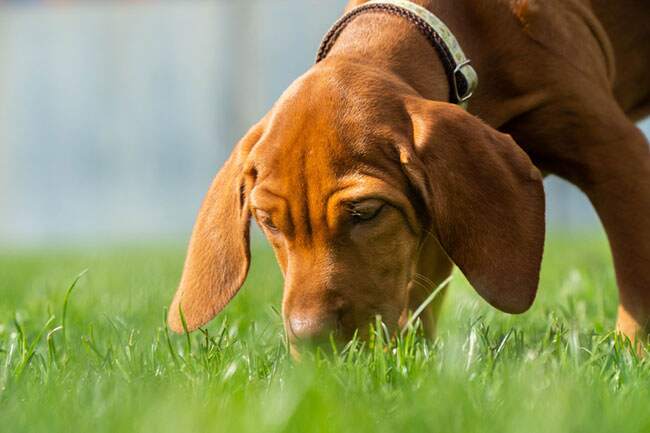 Toilet training puppies is usually completed quickly if a lot of work is put in early on.
Toilet training puppies is usually completed quickly if a lot of work is put in early on.
Think of it as an investment in time!
Set an alarm for every half an hour and take your puppy out into the garden. Spend at least 5 minutes outside each time and if your puppy toilets tell them they are wonderful. Don’t rush back in too quickly as puppies that enjoy being outside may hold on to stay out longer.
When inside, watch for the tell-tale signs such as sniffing and circling, and if noticed, immediately take your pup into the garden and wait until toileted.
Accidents will happen in the early days. It is important NOT to reprimand your puppy, as this could lead to them feeling toileting is wrong and not wanting to do so in your presence. This could mean they hide behind the settee to toilet rather than happily toilet in front of you in the garden.
Clean accidents up with a solution of biological washing powder which will break down the enzymes and remove the smell, discouraging your pup to return to the spot and toilet again.
Puppy pads are not advised as this gives mixed messages to puppies that it is ok to toilet inside.
If your puppy cries in the night and you think it may be because of needing to toilet, quietly take your pup outside, give the opportunity to toilet, and return with minimal fuss. This way the pup knows that crying in the night will help him if he needs to go, but won’t result in a fun game. Most puppies can hold on overnight fairly quickly, but lie ins are not advised!
Socialisation
It is very important to socialise puppies from a young age. The more positive experiences they enjoy, the more confident they will be as adults. Do not be tempted to overwhelm them however, as this will have the opposite effect. If they are worried, calmly remove them from a situation.
Carefully pick the dogs they interact with as puppies. Kind older dogs who will put them in their place if they are annoying are perfect. Similar sized and aged puppies are great fun.
Beware boisterous dogs who may intimidate puppies and cause them to become defensive.
Early bite sized exposure to, for example, farm animals, children, and traffic will be memory banked by your puppy. If a situation makes your puppy a little nervous, calmly remove them from the situation whilst remaining upbeat. Never comfort a nervous puppy, but try to be their calm and confident leader in life!
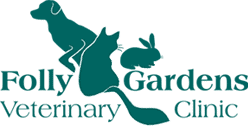

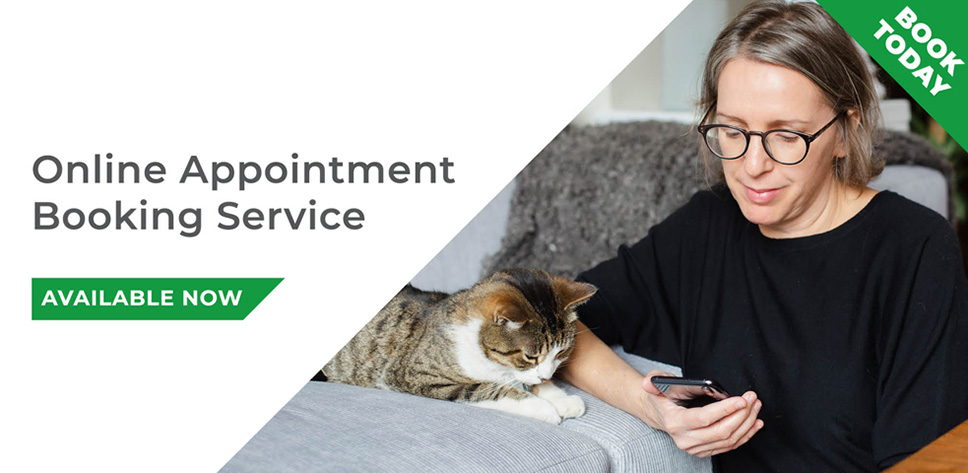
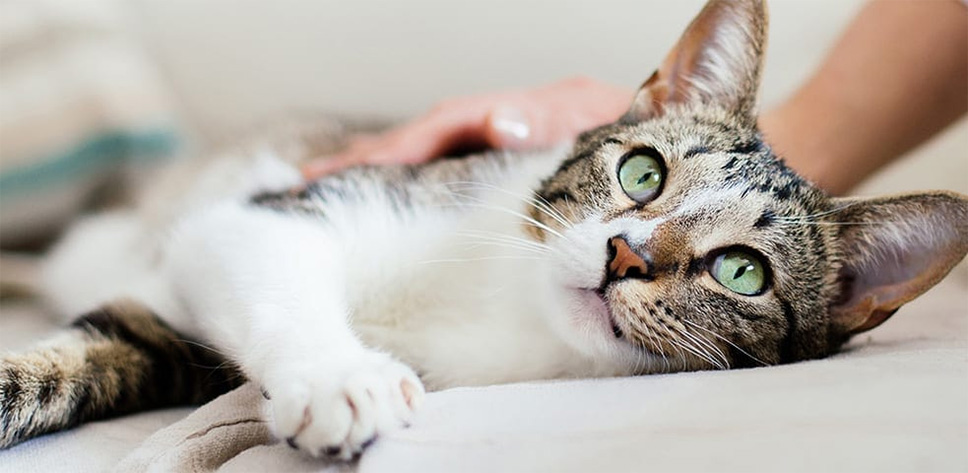

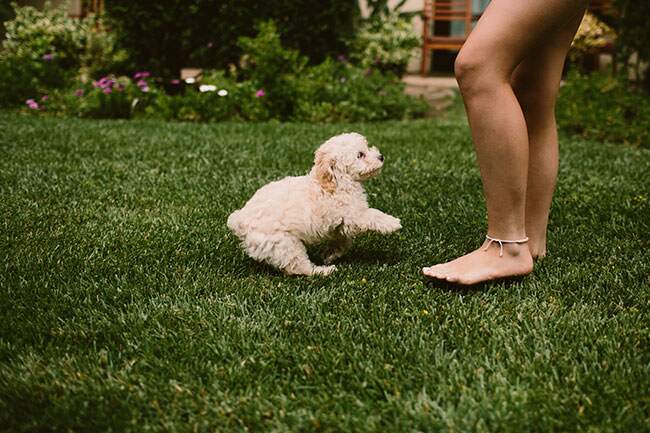
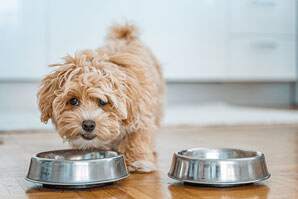
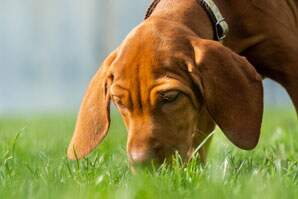

Over 30 years of caring for our clients pets’ well-being